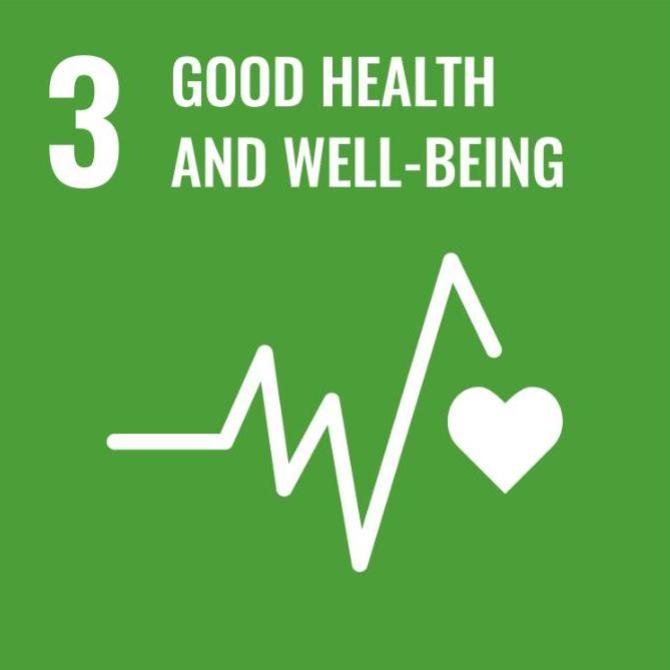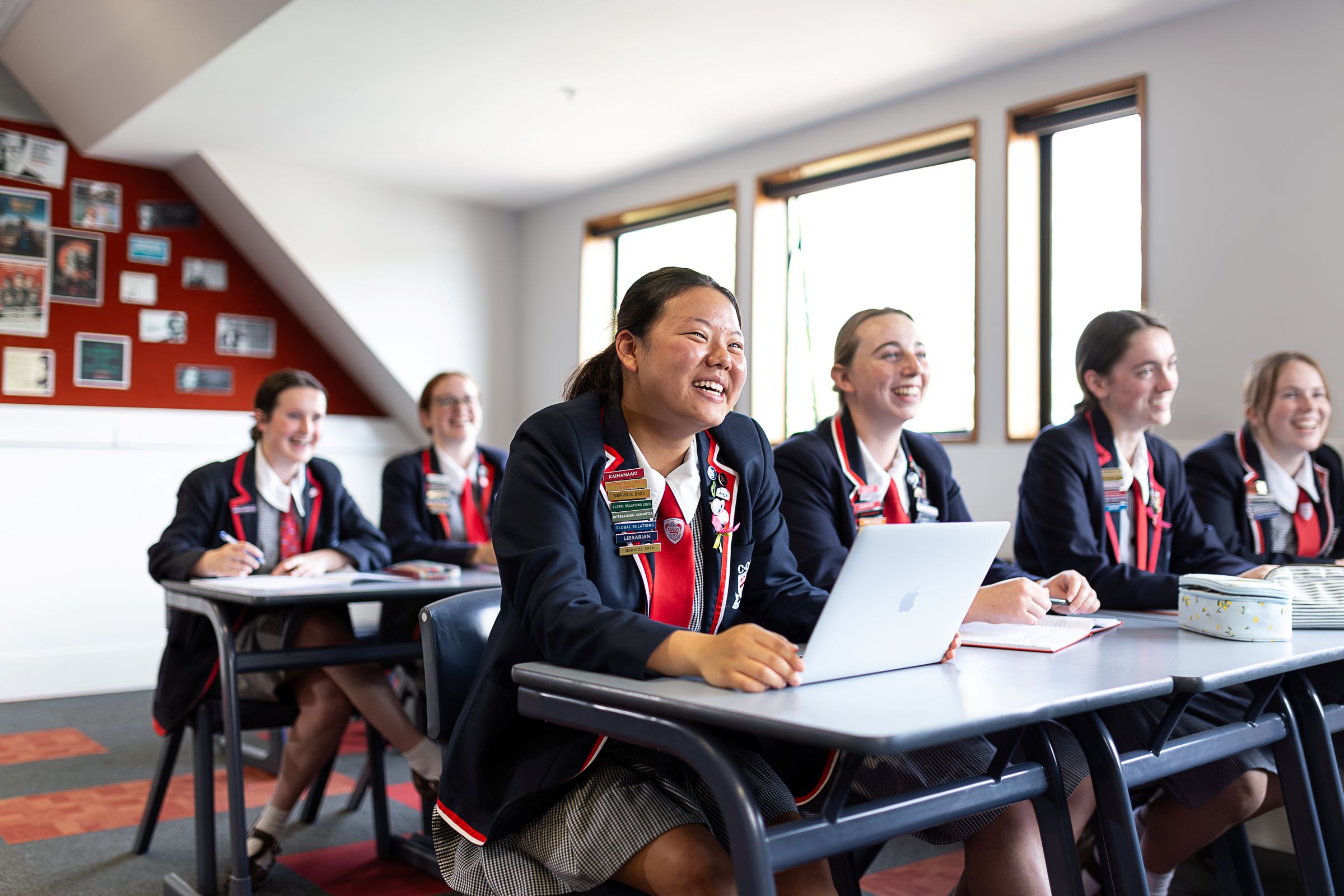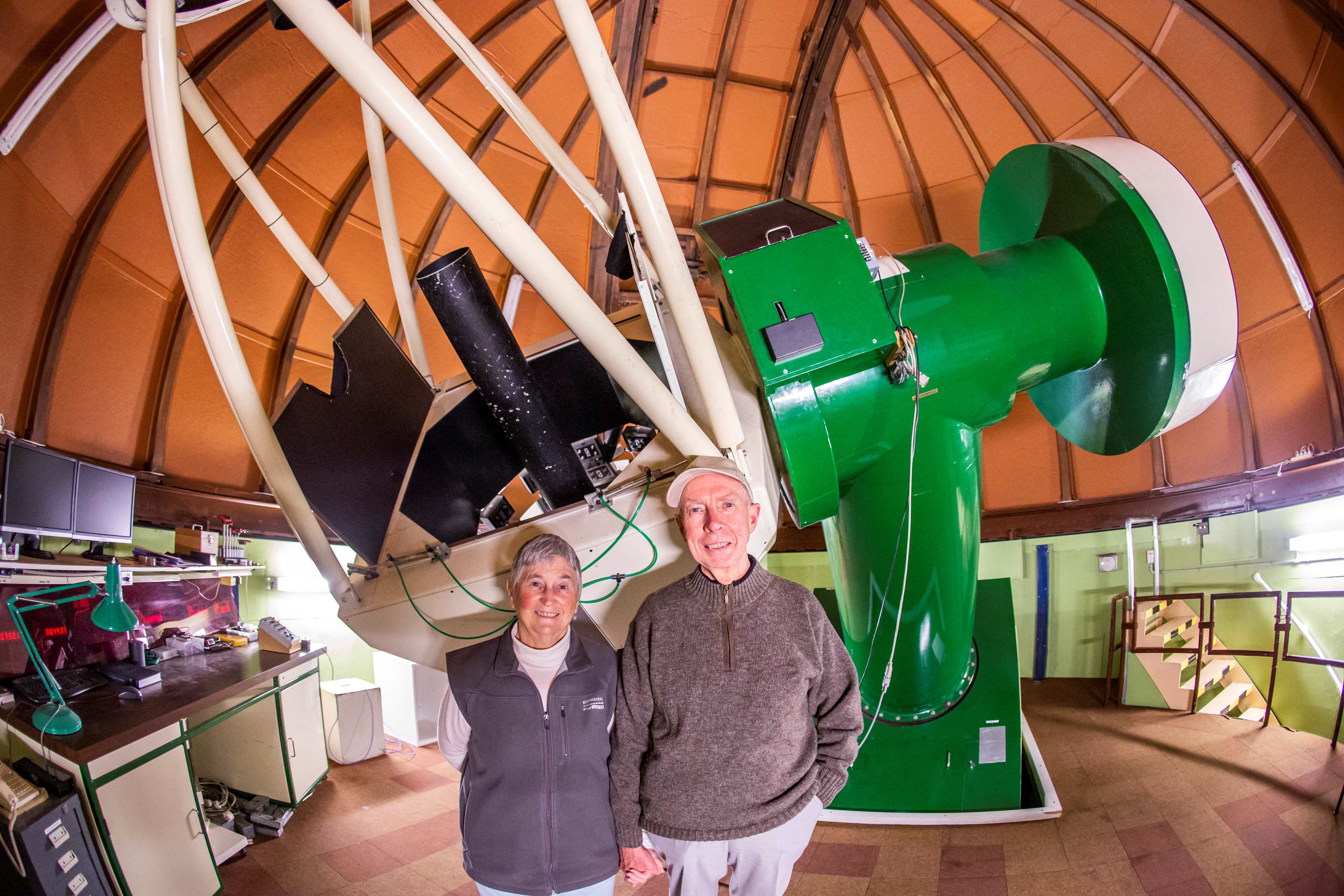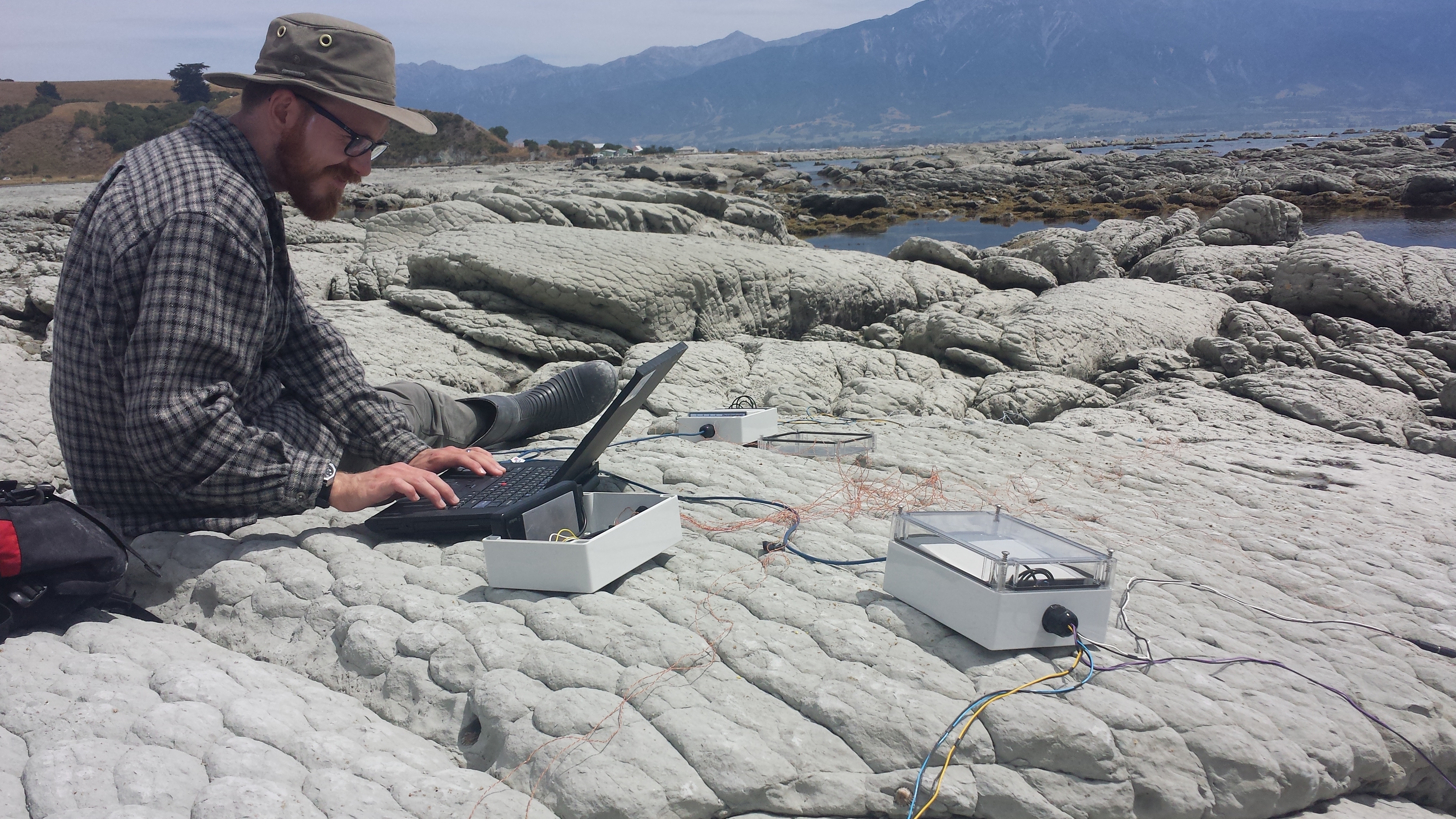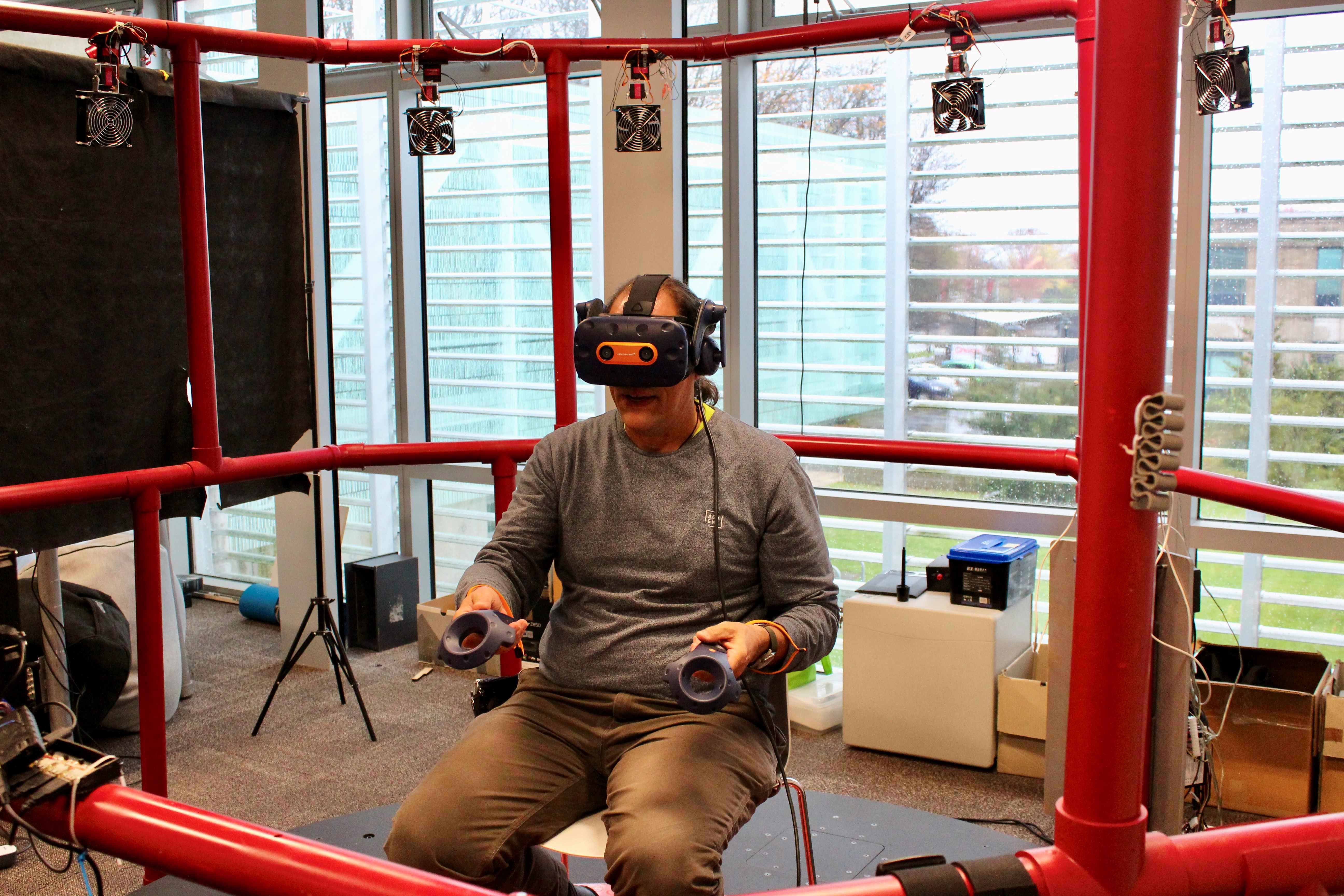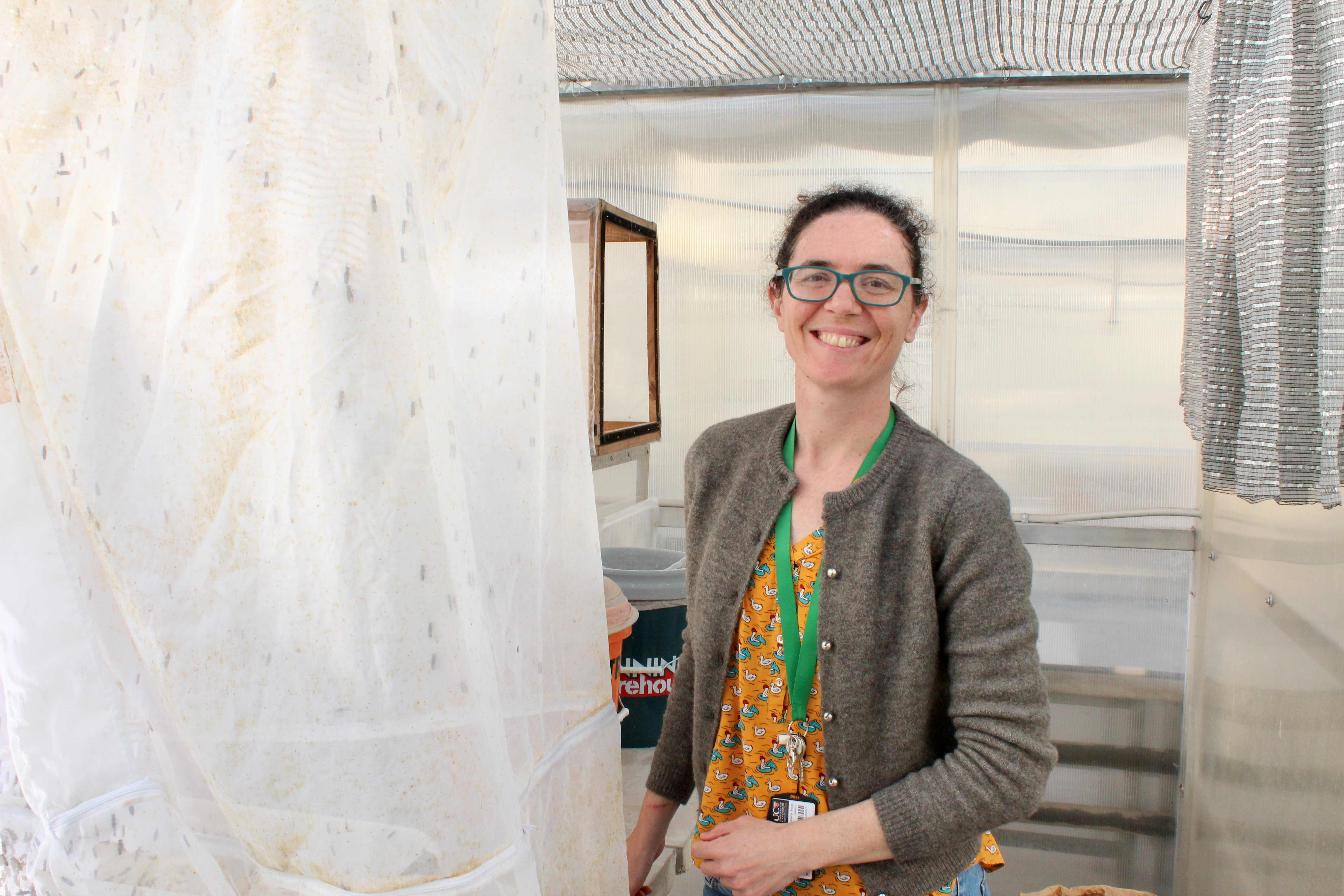Photo caption: University of Canterbury PhD student Robert Sporke (far right) is working with Crusaders players – including Corey Kellow, Tahlor Cahill and Dallas McLeod - on a study into sleep and wellbeing.
Te Whare Wānanga o Waitaha | University of Canterbury (UC) Health Sciences PhD student Robert Sporke is working with 20 Crusaders players on the three-year research project.
Each of the players - currently preparing for the team’s Super Rugby Pacific quarter-final clash with the Queensland Reds - has been given a smart ring to wear that measures body temperature, activity levels and sleep quality, along with other factors.
The study, which has been approved by New Zealand Rugby as well as UC, allows the athletes to be monitored on a daily basis with the goal of improving their performance.
Sporke says feedback is given to the players in real time and it’s already proving helpful in raising their awareness. “The foundation of this study is to understand the players’ bodies and what’s happening for them on and off the field. This will help us determine if we need to make any changes to their daily habits, so we can consistently have them performing at the highest level.
“They can see that if they’ve achieved eight hours of high-quality sleep, there’s a connection with feeling better the next day. It also indicates what might be working for them; they might find a sauna in the afternoon or evening is beneficial to recovery or may help with sleep quality.”
As the study progresses, Sporke will be able to correlate the information being collected through the smart rings with other training data already recorded by Crusaders staff.
Ultimately, the study is centred around improving an athlete’s readiness to perform, he says. “Monitoring the biological variables collected through the smart rings as we lead into game day; the immediate toll the game itself has on the body; and how it recovers in the days after, will be crucial.”
Crusaders player Tahlor Cahill says the study has already had an impact on some of his routines, reinforcing that the better he sleeps, the better he feels. “I’ve been able to see what’s beneficial to my sleep and what’s not, and it’s helped me understand how sleep is important for your recovery and performance.”
Outside back Dallas McLeod has also noticed the value of making incremental “one percent” changes to his routine in terms of physical and mental health. “It’s good getting a reminder to go to bed early enough, and I’ve also found saunas later in the day can be helpful, and that’s definitely something that I’ve implemented a lot more, and I’m getting good results from.”
Sporke says a key part of the study, which is co-funded by UniMed and the University of Canterbury’s Connect Doctoral Scholarship, is making it as streamlined as possible, so it doesn’t interfere with the players’ existing routines.
As long as players wear the smart rings consistently, the data syncs automatically to his database. The only other task is a quick, confidential weekly log about external stressors or illness.
Data collection for the research will include both the ‘pre-season’ as well as ‘in-season’ phases with the aim of creating a complete season-long picture of the squad.
Sporke, who plays rugby for the Prebbleton Club, says the partnership with the Crusaders is a fantastic opportunity and he hopes it will be of value to a range of high-level sportspeople.
“On a personal level, I’m gaining valuable professional experience by working closely with these players. It’s really important for there to be a lot of trust between us and to have that buy-in from the players. The ability to get detailed information regarding what happens outside of the sporting environment is a crucial part of the study, and one that sets this research apart from projects that have gone before.”
Crusaders Rugby Head of Performance Gareth Duder said the organisation was excited to collaborate with Sporke to explore emerging technologies that could enhance player performance and wellbeing.
“We pride ourselves on being innovative in how we support player wellbeing, both on and off the field. This study provides our physical performance staff with a valuable opportunity to gain deeper insights into the squad’s response to our training and gym loads.
“With this understanding, we can better tailor individual routines and ultimately help lift performance to the next level.”

